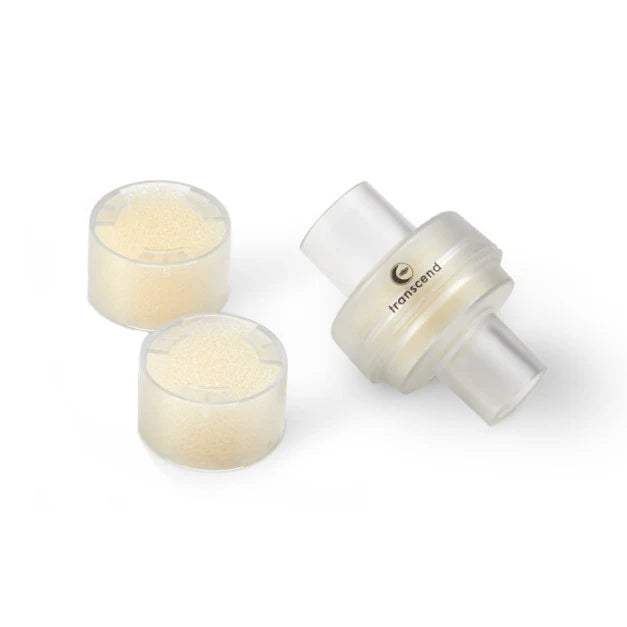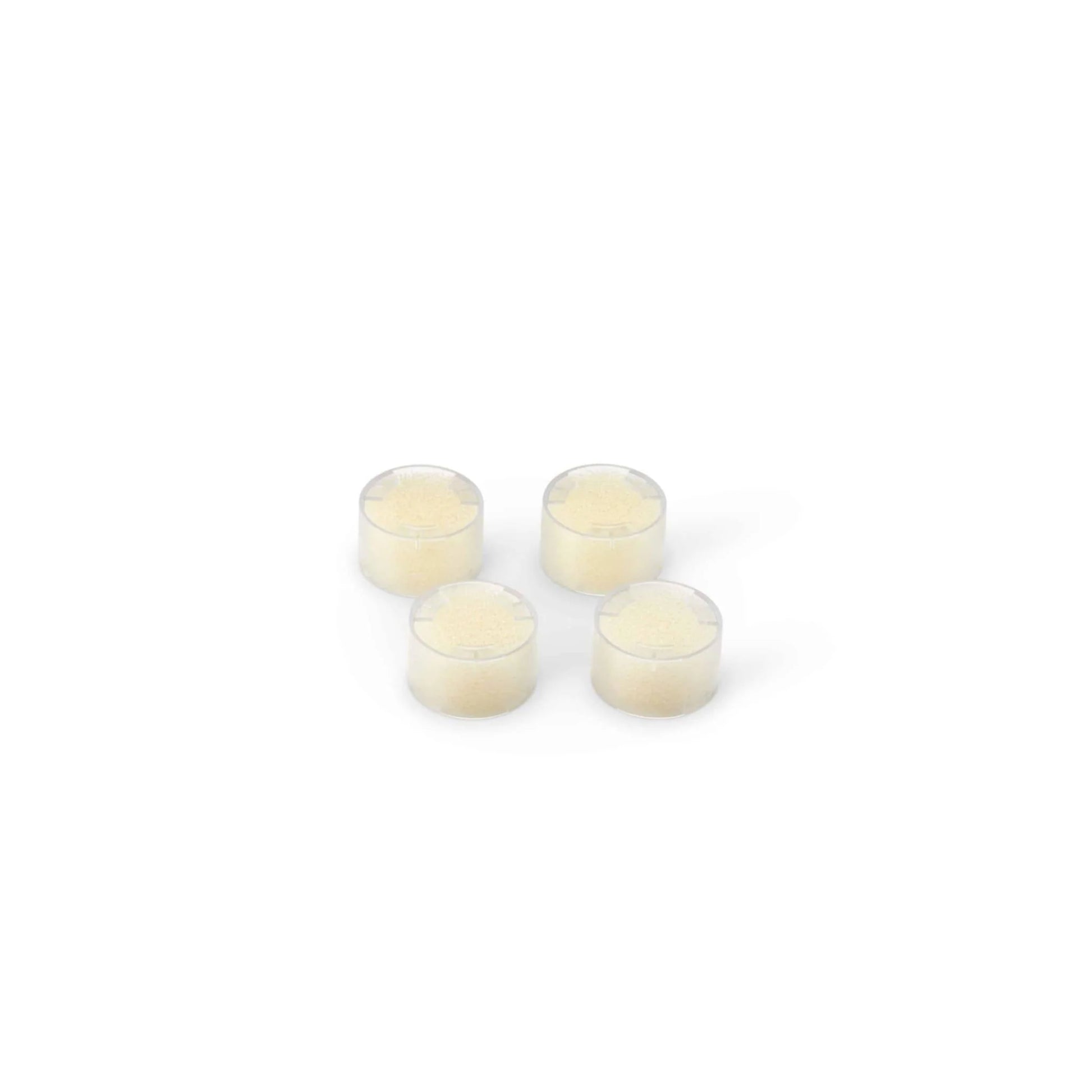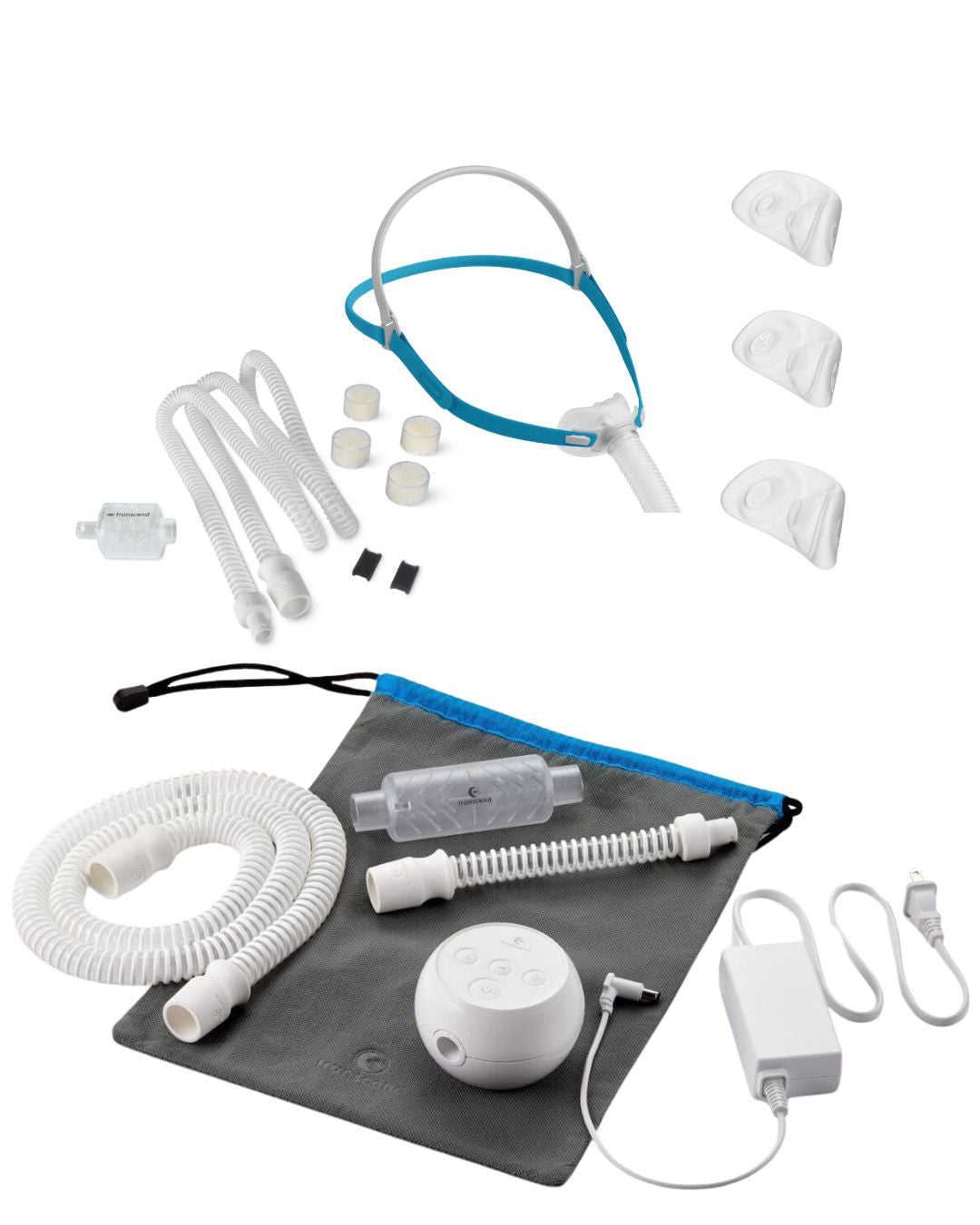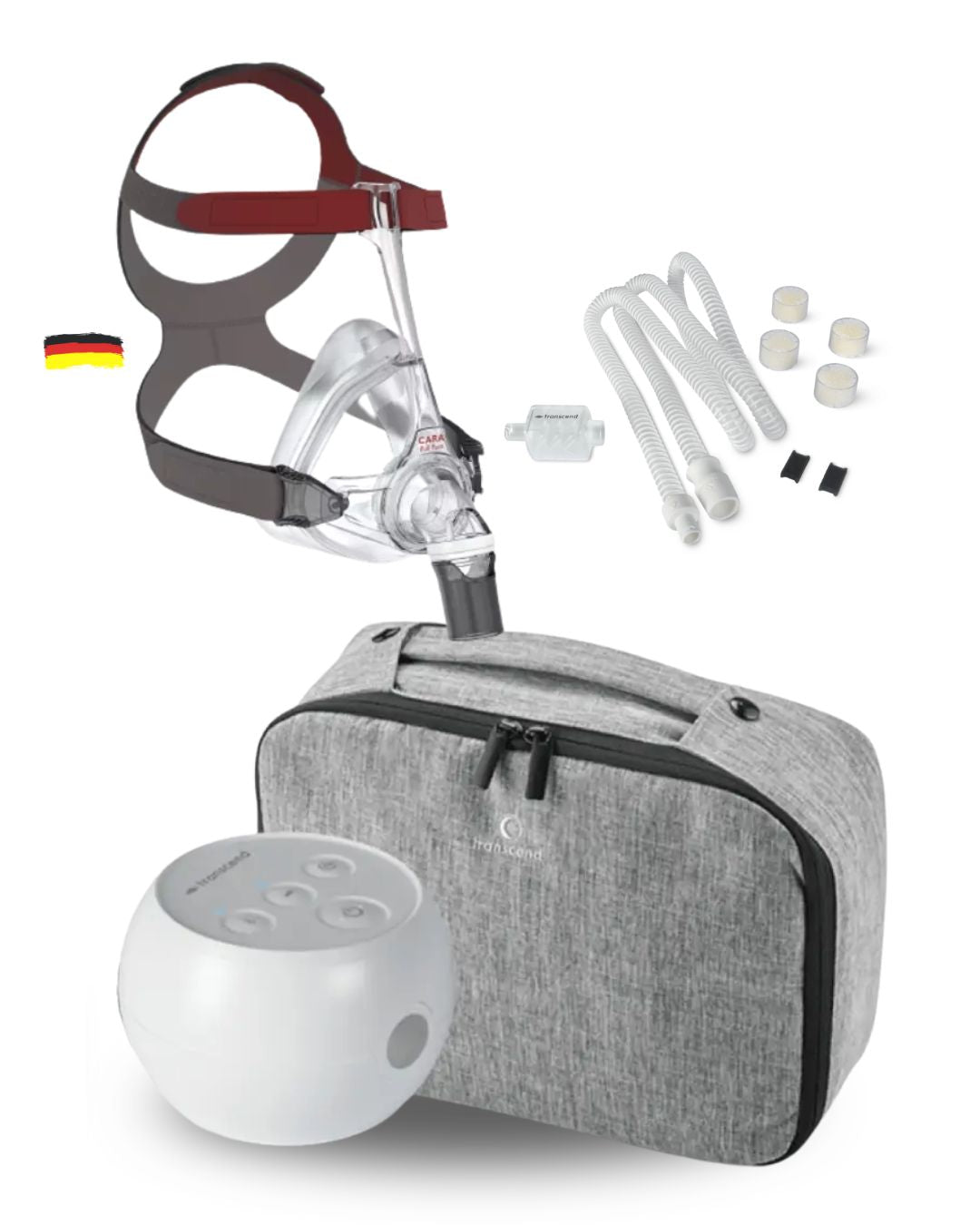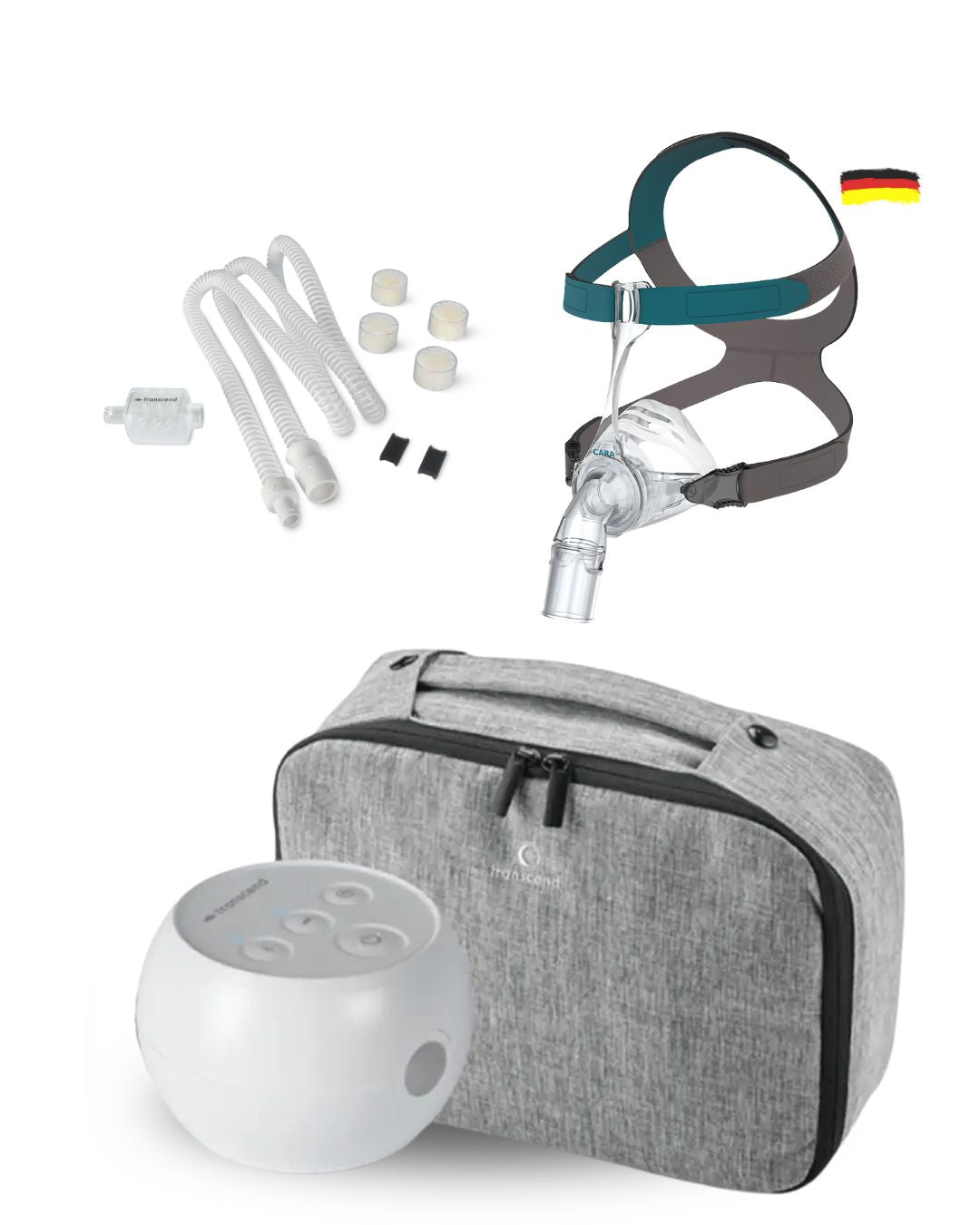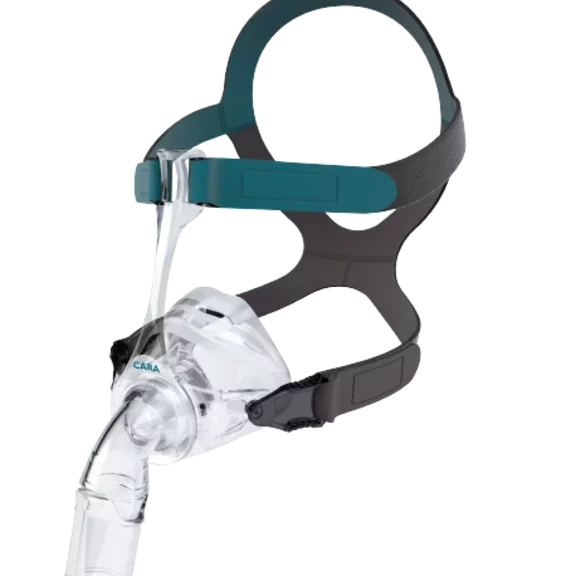If you’re experiencing symptoms like snoring, fatigue, morning headaches, or weight struggles, it may not be “just hormones.” Sleep apnea could be playing a central role.
Steps to take:
Get tested: A Home Sleep Test (HSAT) is a fast, accessible way to check for sleep apnea. It’s often the first step toward understanding whether sleep-disordered breathing is impacting your health.
Treat promptly:
For many patients, CPAP therapy is the gold standard and can dramatically improve energy, hormone balance, and metabolic health.
For mild to moderate sleep apnea, or if you’re unable to tolerate CPAP/BiPAP, an Oral Appliance (Mandibular Advancement Device, MAD) may be appropriate.
⚠️ Important: Avoid generic, one-size-fits-all devices sold online or in stores. These can cause jaw pain, bite misalignment, and even permanent dental damage. Oral appliances should always be professionally fitted to ensure safety and effectiveness.
Assess your hormones: Both sleep apnea and perimenopause can disrupt hormones, creating a cycle of fatigue, weight gain, and clockwork wake-ups between 1–3am with insomnia.
Your MD can order hormone panels to check key levels.
At SleepEZ Home Health, we also collaborate with Dr. Yates, ND, who specializes in women’s health and offers hormone testing and balancing strategies. Understanding and supporting your hormone health can reduce nighttime awakenings and restore more consistent, restorative sleep.
Support overall wellness: Lifestyle changes such as nutrition, exercise, and weight management complement medical therapy and improve outcomes. Restoring good sleep will also make it easier to stay consistent with healthy habits.








